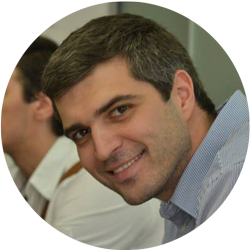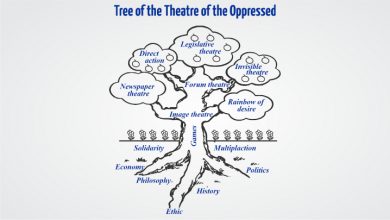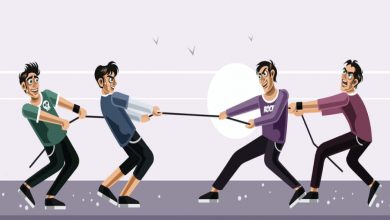
Critical thinking is that mode of thinking – about any subject, content, or problem — in which the thinker improves the quality of his or her thinking by skillfully taking charge of the structures inherent in thinking and imposing intellectual standards upon them. (Paul and Elder, 2001). Youth that has a higher level of critical thinking are potential youth activities that contribute to a better society. The reasoning and integrated narratives of the person are defining the persons’ view. We live in a multicultural society where democracy and democratic values are predominant. Hence sometimes is difficult to integrate different narratives and values in our reasoning. Critical thinking enables us to think and see things from different perspectives.
The tool Albatros Culture is giving us one different point of view, which is challenging to integrate into the nowadays democratic values. This tool first will challenge trainers’ values and capacity to integrate different narratives than learners. In the Albatross Culture, the ground is considered holy. In the social hierarchy, the women rank above men, therefore only women are allowed to touch the holy ground barefoot. The women are considered holy, too. The men must not touch what comes from the ground, therefore the men are fed by the women, whereas the women may touch the food and the water. The woman kneels beside the leader because she is the only one allowed to be in contact with the holy ground. The bending of the heads was a sign of gratitude – in this way men can be closer to the holy ground by touching the women. The tool is questioning the key ethics of the trainer. In fact, this tool is questioning the guaranteed beliefs of the trainer. Taking the trainer in a quite different world in which the holiness is vested in the female. Still, it looks like a female is discriminated against and subordinated by the men. Entering in a totally different world the trainer will be challenged by the use of different languages as well. The Albatros culture is examining the common European values. But the main dilemma is: Do the way of practicing of the European common values are examined or the core values? Being in the “special room” and having “special” communication with the women and God will take the trainer in the Albatros culture. Detailed instruction of the tool can be found on the link. Video description and performance of the tool can be found on the following link .
Why did I choose this tool?
I choose simulation of the Albatros culture because it puts the learner in a completely different narrative. The simulation of the Albatros culture challenges the narrative, beliefs, and values of the learners. At first impression, most of the learners will find it discriminatory and putting the females in a disadvantaged position. Without going deeper and understanding the background of the culture. Thinking critically and reasoning the position of the female in this culture learners will understand the importance of understanding and checking the reasons behind any situation, theory, issue, etc.
Reflection questions
– Did you assume women were being discriminated against? Why?
– Hierarchies: In Europe, up = good / In Albatross, down = good
– Is it possible for you to find this situation in a foreign country/culture?
– How can we find out the reasons for the behavior if we are not sure what a correct behavior entails?
Exercise:
“It is the mark of an educated mind to be able to entertain a thought without accepting it.”—Aristotle
“The important thing is not to stop questioning. Curiosity has its own reason for existing.”—Albert Einstein






